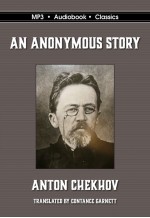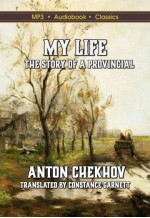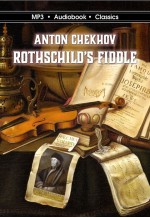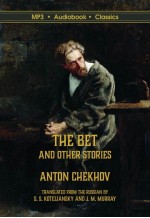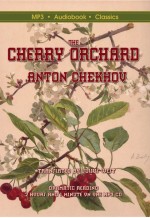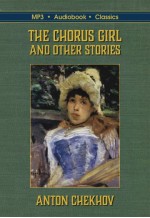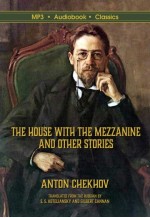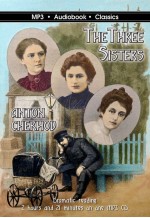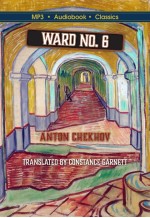Anton Chekhov
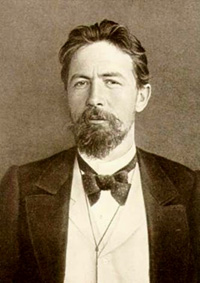 |
|
A Tedious Story (From An Old Man's Journal)
Influenced by the death of his brother Nicolay from tuberculosis, Chekhov’s novel..
$9.99
An Anonymous Story
An Anonymous Story is a novella published in 1893 that has also been translated as The Story of a No..
$9.99
My Life: The Story of a Provincial
“My Life: The Story of a Provincial” (1896) is a novella that tells the story of Misail Poloznev, a ..
$9.99
Rothschild's Fiddle
Yakov Ivanov is an elderly coffin-maker in a small village with a population that doesn’..
$7.99
The Bet and Other Stories
The Bet and Other Stories is a collection of 12 stories and a novella. Eleven were written between..
$9.99
The Cherry Orchard
The Cherry Orchard is the last of Chekhov’s four major plays. Written at a time of social change and..
$9.99
The Chorus Girl and Other Stories
The Chorus Girl and Other Stories is a collection of 11 short stories and My Life, one of Chekhov’s ..
$9.99
The House with the Mezzanine and Other Stories
The House with the Mezzanine and Other Stories is a collection of six short stories and a novella, m..
$9.99
The Lady with the Dog and Other Stories
The Lady with the Dog and Other Stories is a collection of seven short stories. The title story, Che..
$9.99
The Seagull
The Seagull, written in 1895 and first performed in 1896, is considered the first of Chekhov’s four ..
$9.99
Three Sisters
The Three Sisters is the third of Chekhov’s four major plays. Written in 1900 and first performed by..
$9.99
Uncle Vanya
Uncle Vanya is the second of Chekhov’s major plays, published in 1897 and first performed by the Mos..
$9.99
Ward No. 6
Perhaps one of Chekov's most famous and profound descriptions of human misery," Ward S..
$9.99


